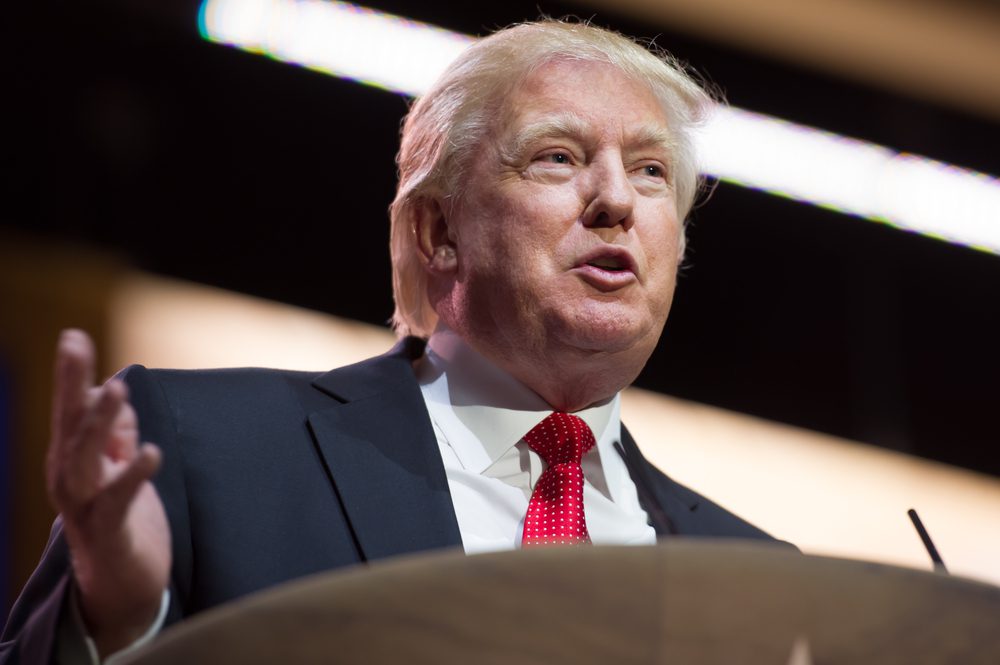President Trump’s race to make America’s economy great again pretty much stalled from the word “go” largely thanks to the Commander in Chief’s own trade policy. From the beginning of his 2016 campaign, Trump made it clear that he planned on putting America first when it came to trade. This meant promoting American-based industries and manufacturing and incentivizing home-grown businesses by laying heavy tariffs on foreign goods.
From the start, this created problems for the automotive industry which relies heavily on imports, especially steel. Last July, Peter Welch, the president of the National Automobile Dealers Association appeared before the Department of Commerce to testify that all of the tariffs proposed at the time would end up having detrimental effects on the industry. Welch urged the Department to consider all facts at their disposal, including a study, published that year by the Center for Automotive Research which warned that if a proposed 25% tariff was indeed established repercussions would include such significantly increased costs to the customer that buyers would look for used, and not new, cars. Such a scenario could deal a crushing blow to the sector and the entire economy.


The prognosis isn’t good as of this latest research. According to the paper, if Section 232 were to go through under the current conditions, even with the trade deals made with Canada, Mexico and most recently South Korea, the effects will be devastating. Over 360,000 jobs could be lost, says the report, and light vehicle sales could drop by over a million units per year as their cost rises by roughly $2,750. This, the document asserts, will drive the market towards used cars.
Even if the variables change slightly, the Center for Automotive Research warns that there is no situation where dealers really come out on top. “In every scenario considered,” the report states, “new vehicle dealership revenue and employment fall. Dealerships are likely to experience a decline in revenue totaling between USD 6.1 billion and USD 43.6 billion, with associated employment losses of between 10,700 and 77,000 employees.”
Which leaves many manufacturers relying upon import exemptions. It is possible for a company to apply for a government exemption on imported steel, even if it comes from currently trade-embattled China. In the last months, the government has quietly provided exemptions for around 370 companies, allowing them to get steel from China, Japan, Germany and other foreign nations sans the 25% tax.
That said, the requirements for exemption are somewhat baffling with companies left mystified as to why some of their exemption requests are approved while similar ones are denied. The best they can do is apply and hope, but already the imports are cutting into some company’s bottom line, with even GM–who has not applied for any exemptions–factoring an additional $1 billion in spending this year as a result. Should no changes be made soon, it could mean tighter belts all around.








